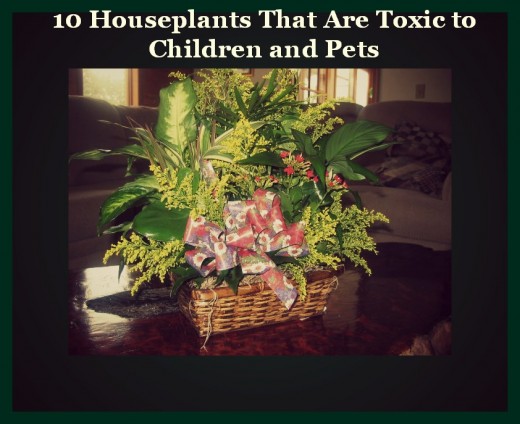Pet Poison Prevention Tips
Our pets are not able to distinguish between safe objects and non safe objects so it’s up to us to keep them safe. March is Poison Prevention Awareness Month and March 15 – 21 is Poison Prevention Week, so there is no better time to talk about this subject than now.
There is a great deal we can do to prevent our pets from being poisoned. First and foremost, be diligent about putting all medications out of sight and out of reach of your pets. A bored and determined dog can accomplish feats we would never dream of, so better to be safe than sorry. Make sure household cleaners are safely stored too.
Think about how you might keep a human toddler safe and you have the right idea. Just remember that although you would not leave a toddler unsupervised, most pets spend a great deal of time every day unsupervised. That means the garbage needs to be empty or made inaccesible to your dog. For some strange reason the Harwell family dogs like to eat tissues not to mention food wrappers that smell yummy. So we have learned to put a heavy coaster on top of the tissue box and to keep our bathroom doors shut. We reommend that you keep your toilet lids down or close the bathroom door if your pets like to drink from the toilet. This is especially true if you use bleach tablets in your toilet tank. Learn the foods and beverages, houseplants and garden plants that are off limits for dogs and cats and keep those out of sight and out of reach of your pets. We have tragically read about dogs and cats that have been poisoned by houseplants. 
It’s much better to be safe than sorry. Prevention is always preferred to assessment and treatment. Calls to the Pet Poison Helpline cost $49.00 not to mention the damage your pet may have already suffered and the worry you may feel. Calls to the ASPCA Animal Poison Control cost $65.00.
As professional pet sitters we review safey tips with pet parents when go on our consultation visit. We recommend that all non safe items be out of reach of your pets. Although they may be fine when you are home on your normal schedule, your cats and dogs sense the difference when you are away several days or more. Even though we are making frequent visits to your home, your pets may become bored, so we recommend placing all medications in a cupboard your pets cannot access.
What To Do If You Suspect Your Pet Has Ingested A Poinsonous Substance
Possible signs of poisoning include vomiting, diarrhea, excessive salivation, trouble breathing, over excitement, loss of consciousness or seizures. It’s important to get veterinarian help quickly, and remember information is powerful.
- First and foremost, stay calm and keep your pet as calm as possible.
- Try to determine what the poisonus substance may have been, gather up any suspicious wrappers and if your pet has vomited or had diarrhea gather some of the fluids in a clean container.
- Try to determine the approximate time your pet ingested the poison.
- Call the veterinarian or poison control center for first aid instructions. Never induce vomiting without being instructed to do so by a veterinarian or animal poison control expert. (If the substance is acid or a strong alkali or petroleum based, you should not induce vomiting).
- If the substance is toxic or corrosive and on the pet’s body, brush it off and then rinse with lots of cold water.
- Transport to the nearest veterinary hospital for veterinary assessment and treatment.
A handy aid with these instructions can be found in the Pet Tech PetSaver App for your smart phone. The app includes a handy link to nearby veterinary hospitals and emergecny veterinary hospitals in case you are traveling or the pet poisoning occurs after typical hospital hours.
Want to Know More About Care for Your Pets
We don’t know any pet parent that doesn’t want to protect his or her four legged family members. It’s a great idea to take a pet first aid and CPR class so you can feel and be prepared in an emergency situation. That’s why we both took the Pet Tech PetSaver class when we had an opportunity. We were so impressed with all we learned that Billy took a three day class to become an instructor. If you want to know about Pet Tech, click here. If you want to register for the next class click here. Classes are scheduled for March 21, April 18, and June 6, 2015.
Related Articles













These are genuinely fantastic ideas in about blogging. You have touched some good points here. Any way keep up wrinting.
Thank you.